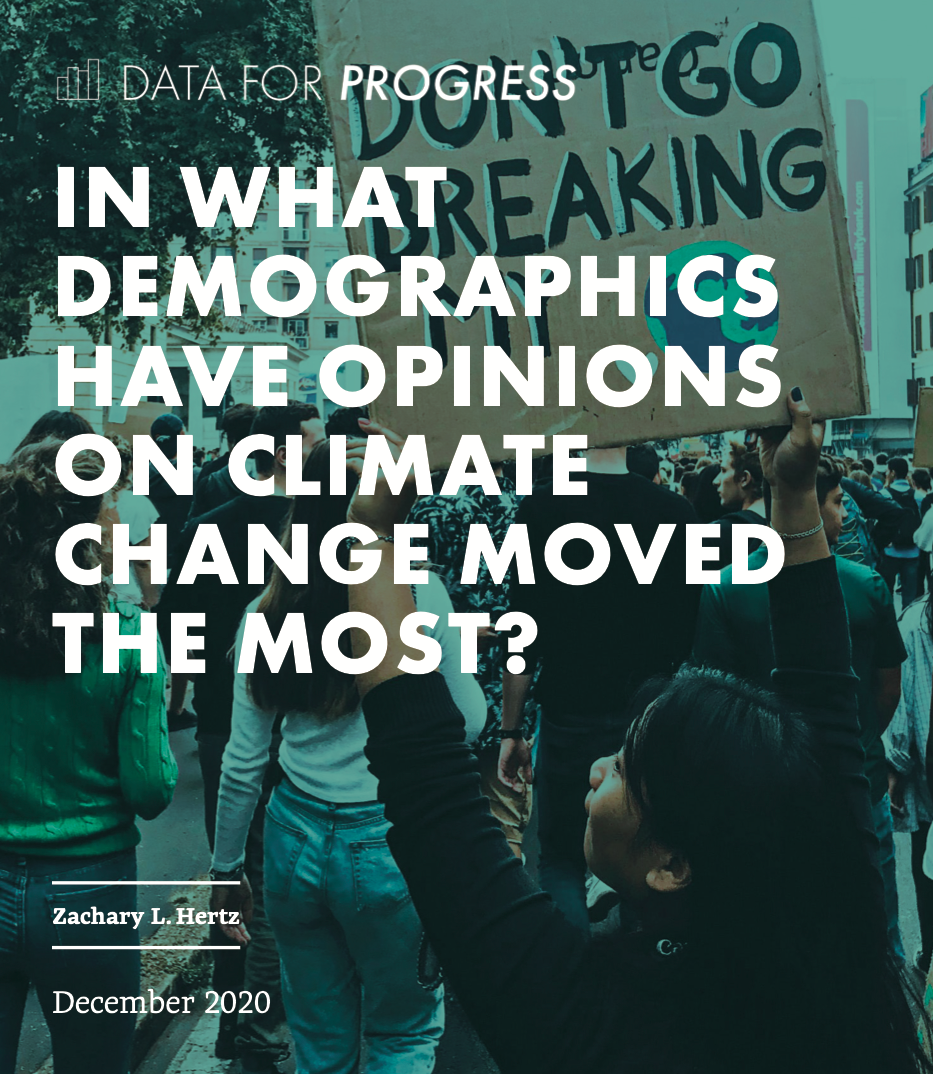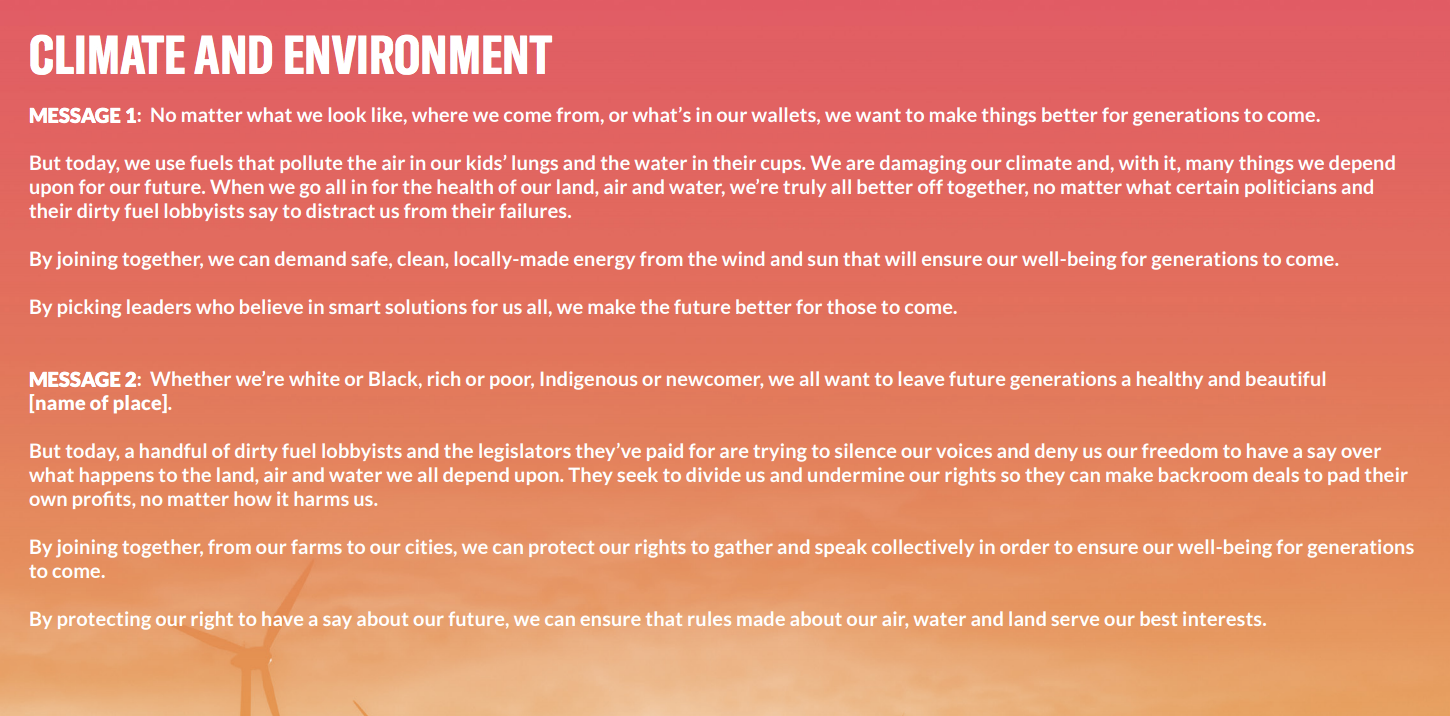Resources
Search below for resources covering the intersection of climate engagement, social science and data analytics.
RESULTS
Towards Economic and Climate Justice: A Feminist Analysis of Critical Trends
The 21st century has been marked by a series of overlapping crises that accentuate gender inequalities. These include the climate emergency and biodiversity loss to soaring debt levels, escalating inflation rates, and deepening inequality and poverty—all with severe consequences for the rights of women, girls and gender-diverse people. Women and gender-diverse people face disproportionate consequences of neoliberalism and its manifestations in austerity, debt, and an unequal trade regime.
Tipsheet: Engaging Women on Climate Change
Globally, women are more impacted by climate change than men and at the forefront of its solutions. While it’s difficult to speak about women in general (given that population consists of 4 billion human beings worldwide), this tipsheet provides information on specfic trends and insights for climate advocates to consider when trying to engage US women on climate change.
Polling Insights: Care & Climate Narratives
The Feminist Green New Deal Coalition released a report with Data for Progress that finds there is a strong shared belief that care should be central to climate, workforce, and infrastructure policies. In the midst of intersecting economic crises, climate crises, and the ongoing infrastructure fights, these findings reiterate that people want bold economic investments that center care for people and the planet.
Planning for a future that centers well-being for people and the planet requires an understanding of the intersectionality of the ongoing crises of care and climate, the ways in which policy can deliver intersectional solutions, and the narratives that help and hurt this cause. Join the Climate Advocacy Lab with Tamara Toles O'Laughlin (EGA), Kahea Pacheco (Women's Earth Alliance), Amanda Novello (Data for Progress), and Mara Dolan (WEDO) for a deep dive into the report's findings as well as relevant takeaways for climate advocates and their work.
Why Intersectional Stories Are Key to Helping the Communities We Serve
Many people communicating for social change are exploring how to tell diverse and inclusive stories that center marginalized communities while building understanding about how inequality persists. Intersectionality is an important tool to help us tell great stories that help us understand systemic issues. Five guiding principles to telling intersectional stories: Show, don’t tell; Provide historical context; Uplift the voices of marginalized people; Tell whole stories; and, Radically reimagine the world.
From the suites to the streets: Examining the range of behaviors and attitudes of international climate activists
Inspired by previous protest movements, climate activists began taking to the streets in the fall of 2018, revitalizing and reshaping the three-decade-old climate activist movement. This metamorphosis in climate activism, which has led millions around the world to participate in climate strikes and protests, is reflected in the composition of the activists themselves, who the media frequently portray as primarily young and female. In order to better understand this new and evolving landscape, we surveyed self-identifying climate activists. Our survey provides an overview of current climate activists, their attitudes, priorities, and actions. Here we map our findings, delineating differences based on gender, age, and geography. Our results indicate that the media’s focus on young female activists is warranted (at least in Europe and North America) and we find that while activists share a commitment toward rapid and substantial reduction of greenhouse gases, their attitudes and actions taken to address climate change can significantly differ by demographic group.
In what demographics have opinions on climate change moved the most?
This report examines shifts in climate opinion across demographic groups, based on responses to surveys in 2016, 2017, and 2019. Key findings include:
- The electorate increasingly and indiscriminately sees climate change as an important issue, with consensus growing consistently across demographic groups.
- Black and Asian American respondents both overwhelmingly viewed climate change as important at significantly higher levels than in 2016.
- One of the most prominent shifts in opinion on climate change occurred among Independent voters, with a margin widening from 11 to 25 percentage points.
- Generally, opinions on climate change were similar and increased at a similar pace across demographic groups separated by education level.
We Make The Future Messaging Guide
The We Make the Future Messaging Guide is for campaigners, researchers, and all people who want to persuade others to take action to confront the challenges of a changing climate. The guide is based on rigorous research into perception and persuasion, and provide specific recommendations to engage base constituencies and persuade the middle (or people who haven't spent a lot of time thinking about specific solutions). The core of this work is the Race Class Narrative, an approach that weaves together economic empowerment, racial justice, climate justice, and gender equity, using language proven to work to mobilize and persuade people to take action.
This is a how-to guide. It provides guidance on:
- What to say and, crucially, what not to say
- How to weave together the rights words and the right narrative
- How to link related issues such as racial justice and climate justice within all your communications and calls-to-action
- Specific ways to use these messages on email, social media, and via text message
Soil to Sky: Climate Solutions That Work
This report aggregates research on the use of grassroots solutions in addressing climate and connects the dots between seemingly “small” grassroots solutions, carbon mitigation, and building rights-based resilience for the long-term. It brings together the best available research to affirm that funders who have traditionally invested in top-down strategies to the climate crisis can also make lasting, effective, and scalable investments in grassroots-driven responses.
The share of Americans who say stricter environmental laws and regulations are “worth the cost” has increased in recent years (63% in 2019 vs. 59% in 2017) with a significant shift coming among Republicans (45% in 2019 vs 36% in 2017).
Gender Differences in Public Understanding of Climate Change
Women in the U.S. are less likely than men to know certain scientific facts about global warming and tend to be less certain of what they know, even though they have a sharper understanding of the risks and threats from global warming.
Pagination
- Page 1
- Next page



